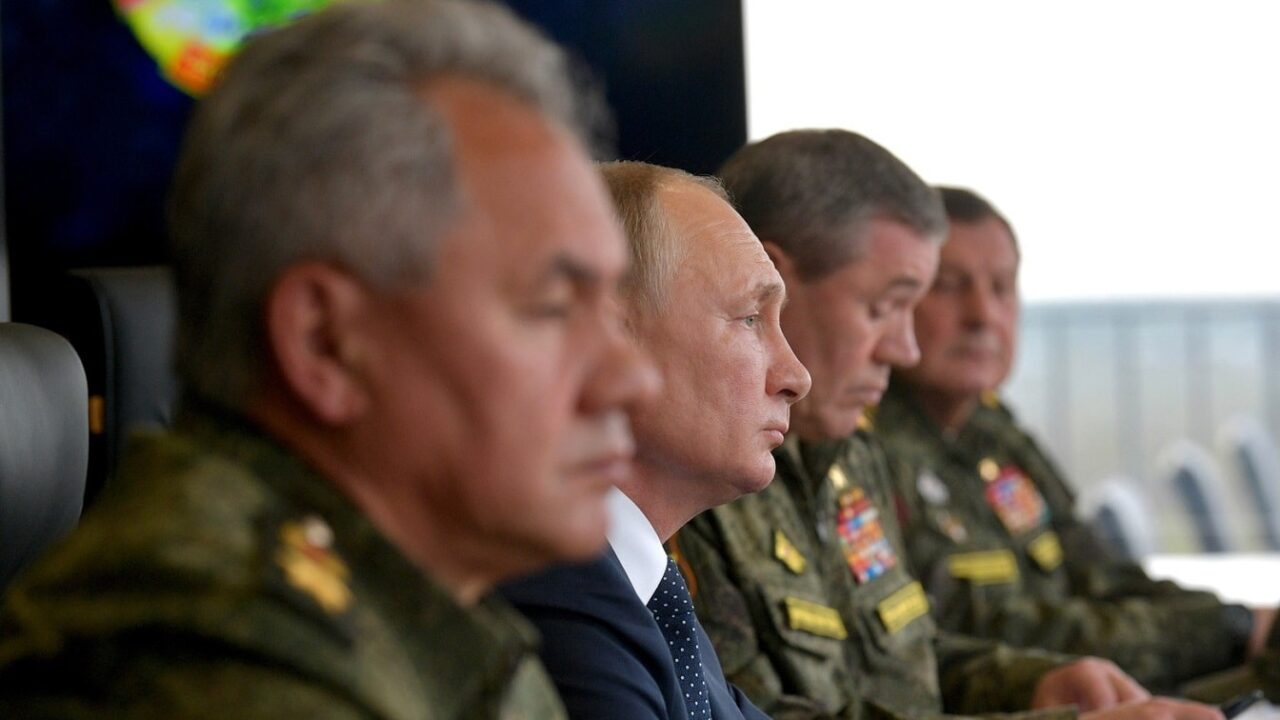European Union officials this week announced a plan to curb the number of Russian nationals entering European Union territory. The announcement comes after weeks of lobbying from Ukrainian President Volodymyr Zelenskyy for Europe to ban Russian citizens from traveling to Europe under all circumstances, insisting that punishing Russians for Putin’s war could pressure the Kremlin to reverse course.
During a meeting in Prague, foreign ministers representing the political bloc’s 27 member states promised to revoke a 2007 visa agreement with Russia that makes it easy for Russian citizens to obtain the necessary documents for travel.
Speaking after the informal meeting, the European Union’s top foreign policy representative Josep Borrell noted that while there had been a “substantial increase of border crossings” from Russia since July, the plan will go ahead to reduce that number further. Borrell described the movement of Russians across the border and into the European Union as a “security risk” for neighboring states.
Zelenskyy told foreign leaders in August that banning Russian travel would make Russian citizens more likely to stand up to the war in Ukraine.
“But we must remember that when evil takes on such proportions, people’s silence approaches the level of complicity. And the rejection of the real fight against evil becomes the assistance to it,” the Ukrainian president said.
Building On Previous Sanctions
While the move doesn’t mean that Russian nationals can no longer travel to European Union territory at all, it does make the process harder. It also builds on previous sanctions implemented soon after Russia invaded Ukraine in February.
Following the invasion, the European Union suspended a visa agreement for Russian officials and entrepreneurs. The European Union’s Josep Borrell said that many Russians continued traveling to Europe for “leisure and shopping” as if the war in Ukraine wasn’t happening, but that the prolonged conflict means that it can no longer be “business as usual.”
Informal Agreement
The informal agreement was made on Wednesday but has yet to become European Union-wide law. It means that the bloc’s legislators must first be presented with a bill and then given an opportunity to vote on the legislation – unless EU leaders can implement the ruling without their consent. That seems unlikely, and at this stage, it’s unclear when the new agreement will come into effect.
If the agreement goes into force, it will take longer for Russians to obtain visas to travel to Europe, and the number of documents required to successfully apply for the visas will “substantially” increase.
Jack Buckby is a British author, counter-extremism researcher, and journalist based in New York. Reporting on the U.K., Europe, and the U.S., he works to analyze and understand left-wing and right-wing radicalization, and reports on Western governments’ approaches to the pressing issues of today. His books and research papers explore these themes and propose pragmatic solutions to our increasingly polarized society.

